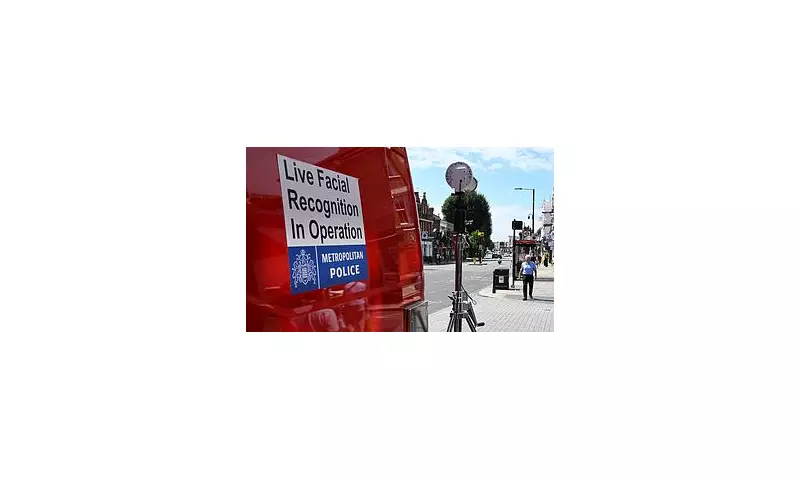
The UK government has announced plans to significantly expand the use of live facial recognition (LFR) technology across the country as part of a major overhaul of neighbourhood policing strategies. This controversial move comes amid growing debates about balancing public safety with personal privacy rights.
National Rollout of Surveillance Tech
Under the new proposals, police forces throughout England and Wales will receive increased access to real-time facial scanning systems. The technology, which can automatically identify individuals in crowds by comparing faces against watchlists, has already seen limited use in areas like London and South Wales.
Policing Minister Defends Expansion
The Policing Minister stated that the expanded use of LFR represents a "necessary evolution" in crime prevention, particularly for tackling serious offences and locating dangerous suspects. "This technology helps officers work more efficiently while keeping communities safe," the Minister commented.
Privacy Concerns and Legal Challenges
Civil liberties groups have immediately condemned the expansion, warning of potential abuses and calling for stricter regulations. "Mass surveillance of this nature threatens fundamental freedoms," said a spokesperson for Privacy International. Several legal challenges against existing facial recognition programs are currently working through UK courts.
How the Technology Works
The LFR systems use advanced algorithms to:
- Analyse facial features in real-time video feeds
- Compare against databases of persons of interest
- Alert officers to potential matches within seconds
Police maintain that the technology only flags individuals on pre-approved watchlists, which typically include wanted criminals and missing persons.
Broader Policing Reforms
The facial recognition expansion forms part of a wider government initiative to modernise neighbourhood policing. Other measures include:
- Increased officer visibility in communities
- New digital reporting tools
- Enhanced data-sharing between forces
The Home Office claims these changes will help police respond more effectively to emerging crime patterns while rebuilding public trust.
As the rollout progresses, all eyes will be on how authorities balance cutting-edge crime-fighting tools with Britain's long-standing tradition of civil liberties.





